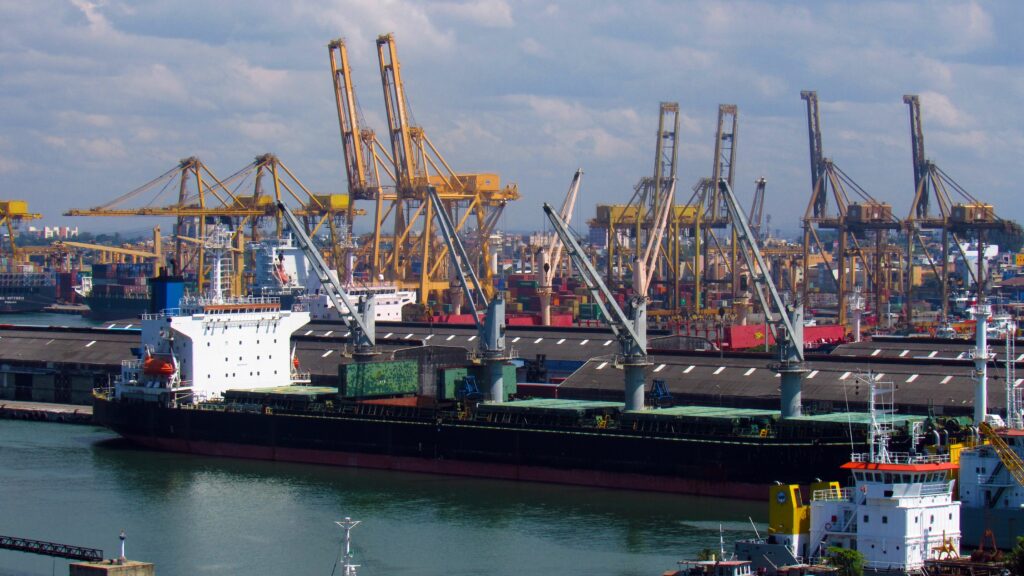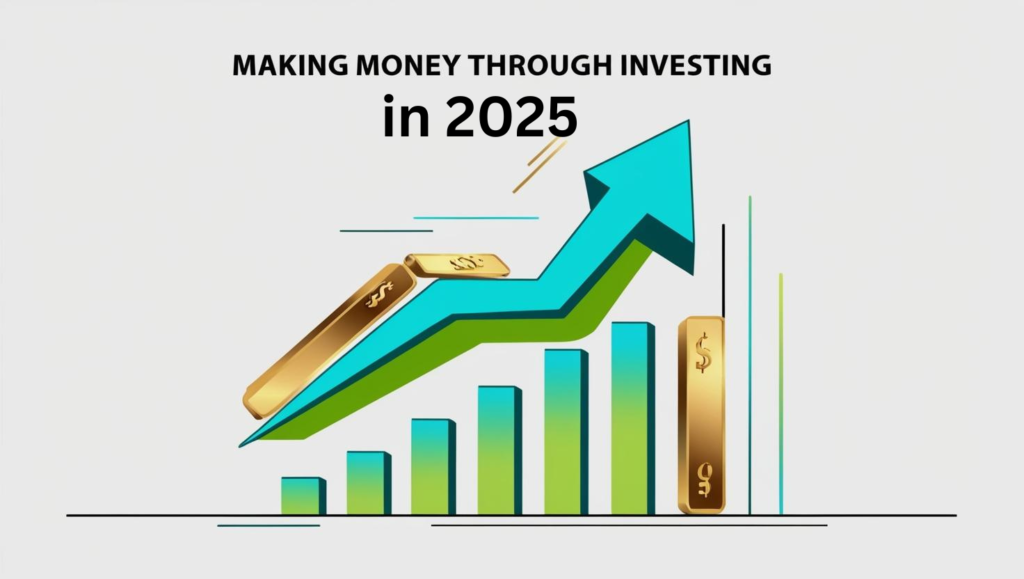Adani Group opted out of $553 mn US funding for Colombo port project,Why??
The Adani Group decided to opt out of the $553 million funding from the U.S. International Development Finance Corporation (DFC) for the Colombo Port project due to stalled negotiations over the terms of the loan agreement. The company chose to self-finance the project using internal resources, citing alignment with its capital management strategy. This decision comes amidst scrutiny and allegations of bribery against the group, which it denies. Despite this, the project remains on schedule for completion next year.

The Adani Group’s APSEZ announced it would self-finance the Colombo West International Terminal project in Sri Lanka, withdrawing its $553 million loan request from the U.S. International Development Finance Corporation. The decision follows bribery allegations against Gautam Adani and his group, which the company denies. APSEZ plans to fund the project using its internal accruals and capital management plan, ensuring its strategic importance for the port’s development remains unaffected.
Table of Contents
Why Adani Group withdraw from the DFC investment?
The Adani Group’s withdrawal from the $553 million DFC loan for the Colombo port project is linked to recent allegations of bribery involving its executives. U.S. authorities have accused Gautam Adani, his nephew, and others of paying $265 million disguised as development fees to secure solar contracts in India, misleading U.S. investors. These allegations appear to have influenced the group’s decision to opt for internal financing, despite no explicit acknowledgment in their filing.
The Adani Group’s withdrawal from the $553 million DFC loan came amidst bribery allegations involving its executives. While the group denies the charges as baseless, the U.S. DFC was reportedly reviewing the situation and had not yet disbursed the funds. The allegations likely influenced Adani’s decision to self-finance the Colombo port project, prioritizing internal resources to avoid potential complications with the U.S. agency.

Will DFC release investment despite Adani indictment?
The DFC adheres to strict ethical guidelines under U.S. laws, including the Foreign Corrupt Practices Act (FCPA). Allegations like those against Adani officials typically prompt the agency to pause or decline investments until due diligence processes are complete. Following recent bribery accusations, DFC had not disbursed the $553 million loan for the Colombo port project, reflecting its cautious approach. Other investors, like TotalEnergies, have also paused further involvement with Adani, though some, such as GQG Partners, continue to express confidence in the group.

The Colombo West International Terminal (CWIT) project
The Colombo West International Terminal (CWIT) project is a public-private partnership initiated in September 2021. It involves Adani Ports and Special Economic Zone (APSEZ), holding a 51% stake, alongside Sri Lanka Ports Authority (15%) and local partner John Keells Holdings (34%). The project aims to develop and operate a strategically important container terminal at the Colombo port, enhancing its role as a major transshipment hub in the region.
The Colombo West International Terminal (CWIT) project, a key partnership between APSEZ, John Keells Holdings, and Sri Lanka Ports Authority, is on track for completion. Initially expected to be operational by December 2024, the latest updates indicate that construction is progressing well, with commissioning now anticipated by early 2025. This terminal will play a critical role in enhancing Colombo port’s capacity and its strategic significance in global trade.
Also Read:https://coveragezone31.com/liberal-government-survives-conservative
Why India and US much interested in Colombo port??
The Colombo port is a key transshipment hub on the East-West shipping route, connecting Asia, Europe, and the Middle East. It handles over 70% transshipment traffic, making it one of South Asia’s largest ports. Notably, 45% of its transshipment volume originates from or is destined for Adani terminals in India, underscoring its strategic importance in regional and global trade networks.
Indian Interest: Colombo port, located on the East-West shipping route, is a vital transshipment hub connecting Asia, Europe, and the Middle East. It manages over 70% transshipment traffic, ranking as one of South Asia’s largest ports. Approximately 45% of this volume involves Adani terminals in India, highlighting its critical role in global and regional trade networks.
Following high utilization levels exceeding 90% at Colombo port since 2021, APSEZ was tasked with developing the West Container Terminal (CWIT). This project aims to enhance the port’s capacity to manage increasing transshipment demands, strengthening its strategic role in regional and global shipping routes.
America’s Interest: The U.S. government, like India, has geopolitical interests in the Colombo West International Terminal (CWIT), primarily driven by countering China’s influence in the Indian Ocean. In November 2023, the U.S. International Development Finance Corporation (DFC) pledged a $553 million investment to support the project, underscoring its strategic importance in regional trade and U.S. interests in the area. Courtesy by https://www.business-standard.com/

